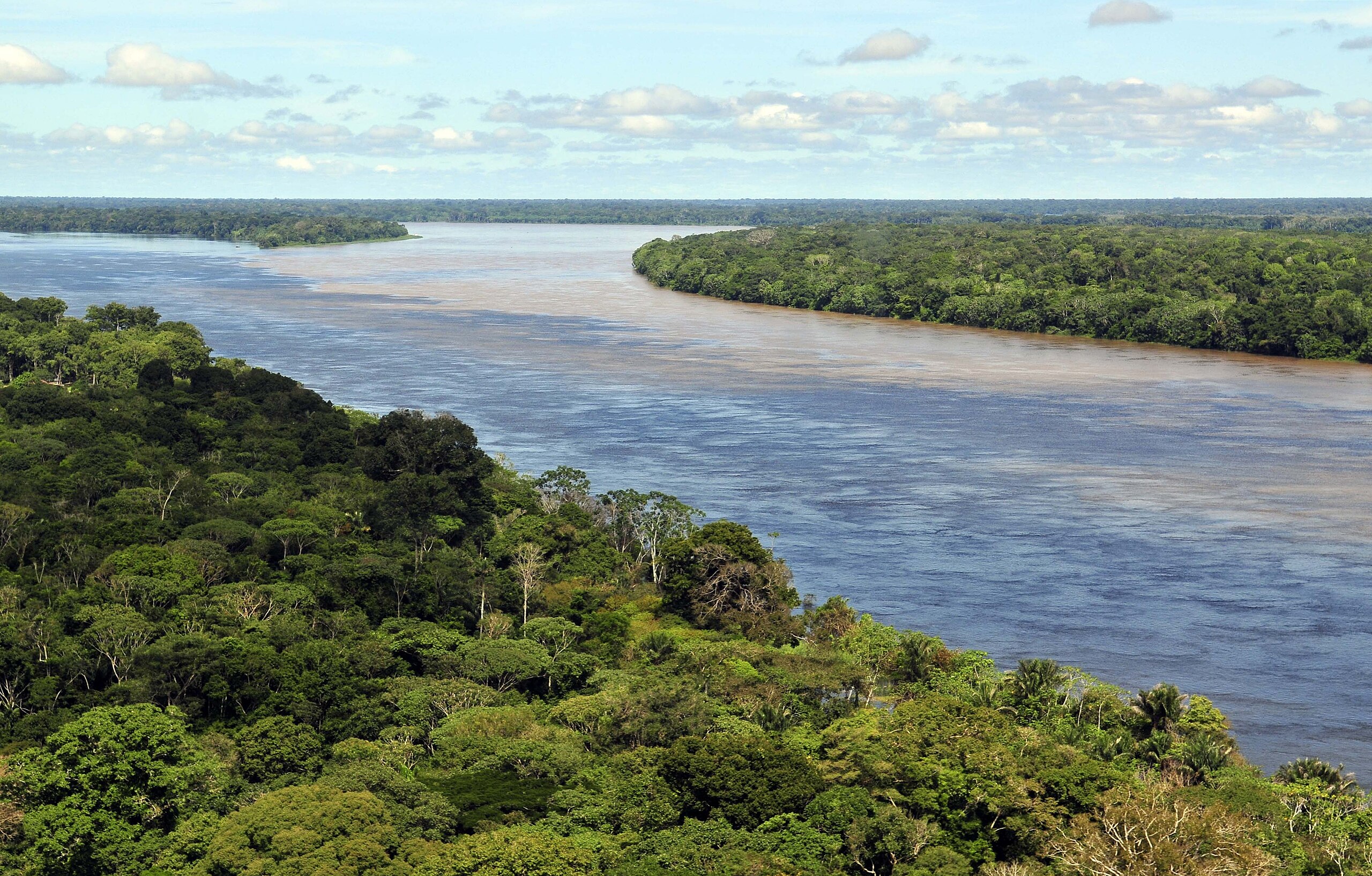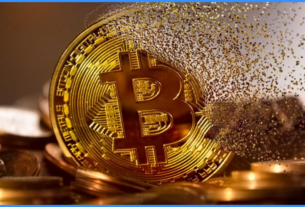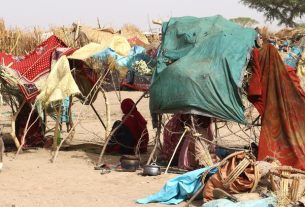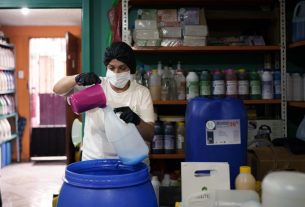For years, the Amazon rainforest was cut down. The concern: the unique ecosystem could collapse. The deforestation in Brazil is a huge environmental problem. But the election of Lula da Silva as president gave hope. He announced that he would end the deforestation of the Amazon. In fact, the first steps followed a few days after taking office. The encouraging result: in comparison to the previous year, deforestation was reduced by more than a third.
“Brazil is ready to resume its role i the fight against the climate crisis and protect all ecosystems, especially the Amazon. Our government once managed to reduce forest destruction by 80%. Now lets all fight together for zero deforestation!” says Lula da Silva, President of Brazil.
The BBC reports first successes in the fight against rainforest deforestation. Compared to the first half of the previous year, deforestation was reduced by 33.6%. In June 2023, as much as 41% less forest was destroyed than the previous year. Brazilian Environment Minister Marina Silva attributes this to Lula’s successful environmental policy.
Lulas potential to reduce deforestation by 89 percent
Lula’s goal of ending deforestation by 2030 is a major challenge. Under his predecessor, Jair Bolsonaro, deforestation took on alarming dimensions. The new conservation plan, which President Lula published at the beginning of June 2023, aims to achieve this goal. Among other things, it provides for the confiscation of half of all illegally used land within protected areas, as well as higher penalties for illegal logging.
Furthermore, the Brazilian president calls on other countries, especially the rich West, to contribute financially to saving the “green lungs of the earth” in order to combat the climate crisis globally.
A study confirms that Lula’s plans actually have the potential to reduce deforestation in the Amazon by 89 percent. In any case, Lula will not have it easy: The left-wing president still faces a conservative majority in parliament.
Under Bolsonaro, the Amazon shrank by more than twice the area of Vienna – per month
This is sorely needed, because the Amazon has been badly affected in recent years. When Lula first moved into the presidential palace in 2003, he launched an ambitious program to save the rainforest. He and his successor Dilma Rousseff, who like Lula comes from Brazil’s leftist Workers’ Party, succeeded in reducing deforestation by 80 percent to a historic low. But when Bolsonaro came to power in 2019, Brazil did an about-face on environmental policy.
Bolsonaro readily awarded concessions to allow corporations to clear rainforest for soy and palm oil farming, as well as cattle ranching and mining. Illegally cleared areas were legalized by Bolsonaro, and forest fires were fought only half-heartedly. Clearing jumped by 70 percent under his government.
For the first time, the Amazon emits more CO2 than it can absorb
Under Bolsonaro, the Amazon’s climate balance had turned around: For the first time, it emits more CO2 than it can absorb. This was shown in a study by researchers from the French National Institute for Agronomic Research. The scientists mainly analysed satellite data documenting the plant biomass in the rainforest and its deforestation. The result: the Amazon basin released about 16.6 billion tons of CO2 into the environment, but only absorbed about 13.9 tons. This 2.7 billion ton difference is roughly Austria’s consumption for 35 years.
Without well-maintained Amazon rainforest, the whole ecosystem could topple over
Currently, the Amazon has a perfectly functioning water cycle: regions inland actually have too little rainfall for a tropical rainforest. But the trees suck the groundwater upwards, it evaporates and rains down again over the huge forest area. This cycle could be permanently disrupted by further deforestation. The rainforest would slowly die, turning into savannah and changing the climate around the world.
This process would release as much CO2 as the entire world consumes in seven years. The unique ecosystem that is home to 10 percent of all species would be irretrievably lost, and with it the CO2-binding effect of the rainforest. Scientists assume that this tipping point is reached at a deforestation rate of 20 to 25 percent. Currently, we are at 18 percent.
Deforestation in Brazil: Raids after taking office
Within days of taking office, Lula’s government took action, conducting checks in the rainforest against illegal logging. As reuters reports, controls were carried out in areas all within the Cachoeira Seca indigenous reserve, where deforestation is strictly prohibited.
While deforestation is decreasing, the number of fires continues to increase, satellite monitoring shows. Whether due to natural causes or arson cannot be determined.
The rights to the content remain with the original publisher.



